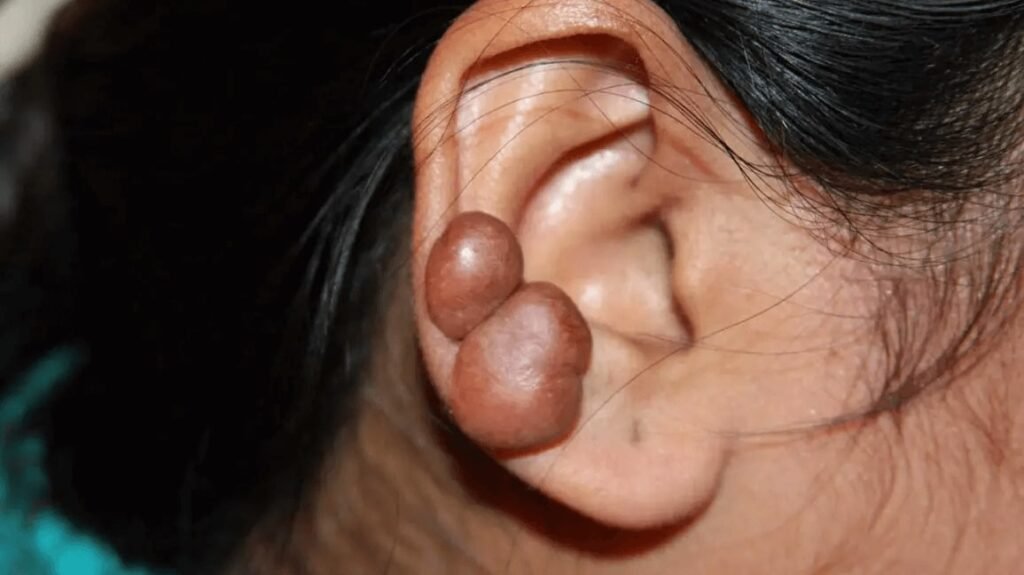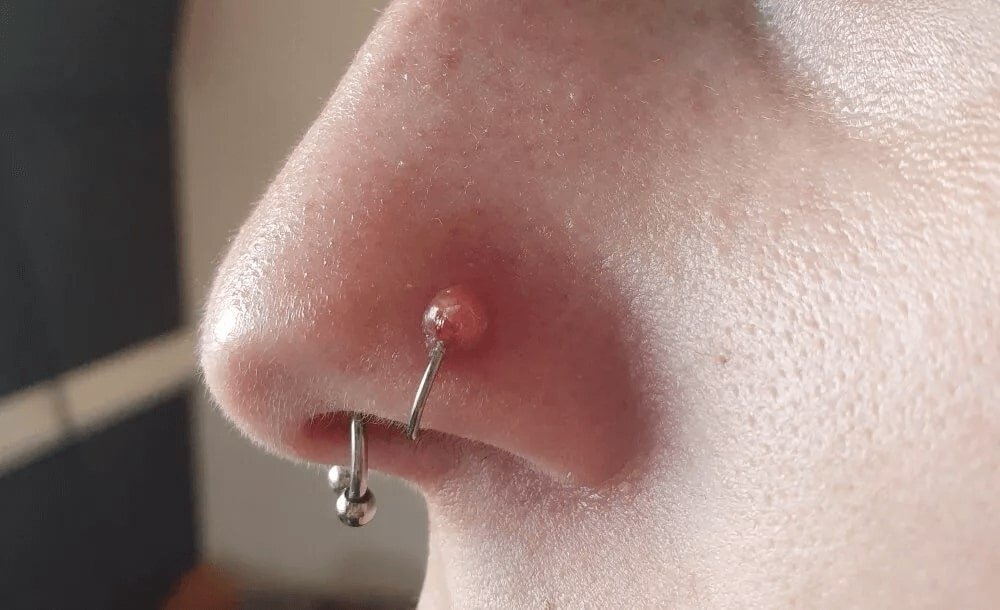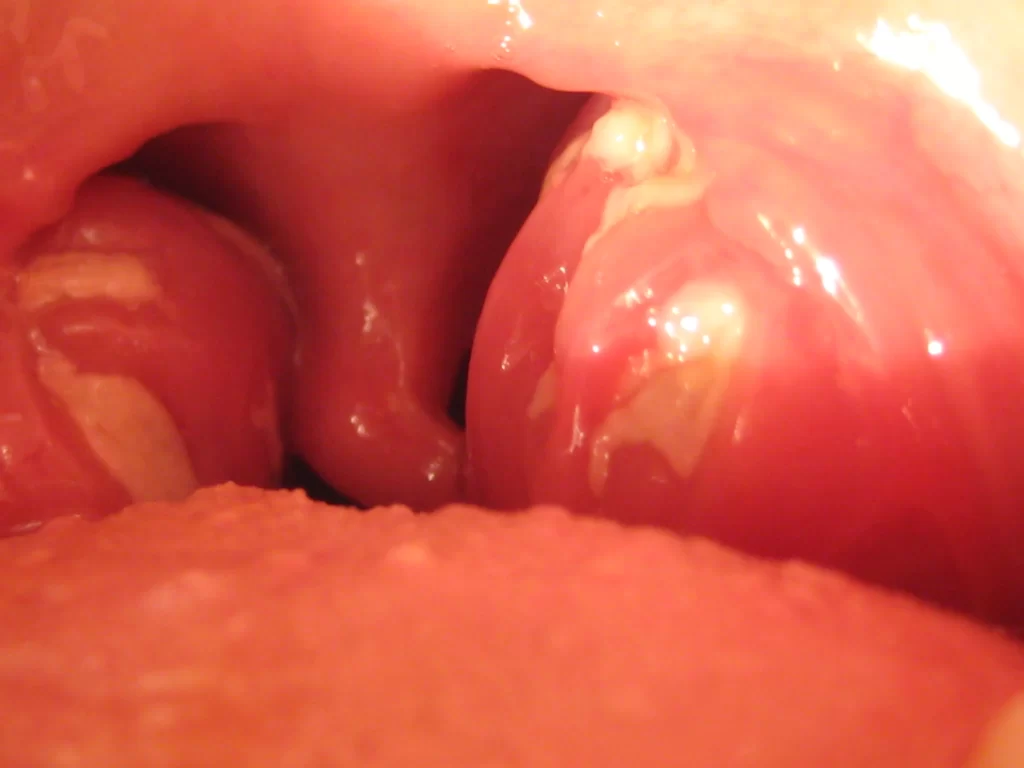
EAR TREATMENT
Ear Wax (Cerumen) Blockage Ears
Fungus / Otomycosis
Eardrum Perforation
Hearing Loss
Cholesteatoma
Vertigo
NOSE TREATMENT
Allergic Rhinitis
Sinusitis
Nasal polyps
Deviated Nasal Septum
Turbinate Hypertrophy
Rhinoplasty
Nasal Bone Fracture


THROAT TREATMENT
Tonsillitis
Sleep Apnoea & Snoring
Swallowing Disorders
Voice Disorders
HEAD & NECK TREATMENT
Head and Neck Cancer
Thyroid & Parathyroid Disorders
Skull Base Tumors
Salivary Gland Disorders

Frequently Asked Questions (FAQ’s)
How does ENT care help patients with recurring ear, nose, or throat issues?
ENT care addresses the root causes of discomfort, infections, or chronic conditions. Patients often notice reduced congestion, fewer infections, and improved hearing or breathing. Timely evaluation prevents complications and improves overall quality of life.
Who benefits most from ENT treatments?
Adults with chronic sinus problems, recurring ear infections, hearing loss, or persistent throat issues often benefit the most. Children with frequent ear infections or enlarged tonsils can also safely receive targeted care. Seniors experiencing age-related hearing or balance issues gain significant relief and guidance through specialized evaluations.
What procedures are commonly offered, and how do they differ?
ENT specialists may recommend procedures ranging from ear cleaning and tympanostomy (ear tubes) to sinus surgery or tonsil/adenoid removal. Each procedure is chosen based on the patient’s symptoms, age, and medical history.
Minor ear procedures relieve blockages or infections quickly
Sinus or nasal surgery improves airflow and reduces chronic infections
Tonsil/adenoid removal addresses frequent infections or breathing issues
Is ENT treatment safe for children and seniors?
Yes. Care is customized for age, weight, and overall health. Children receive gentle interventions with close monitoring, while seniors are evaluated for medical conditions and healing ability. Safety protocols and continuous observation ensure the best outcomes for all ages.
How should I prepare for an ENT appointment or procedure?
Follow pre-procedure instructions such as fasting if required, bring a list of medications, and note any past reactions to treatments. Early preparation helps the specialist plan care effectively.
Share recent symptoms clearly
Follow any pre-procedure guidance exactly
What is recovery like after ENT procedures?
Mild soreness, congestion, or ear pressure is common for several days. Most patients resume light activities within a week, but full recovery varies with the procedure. Adhering to post-care instructions and resting adequately supports healing and prevents setbacks.
How can I prevent recurrent ear, nose, or throat problems?
Regular nasal rinses, keeping ears dry after swimming, and avoiding smoke or pollutants reduce the risk of repeat infections. Managing allergies and monitoring symptoms early helps maintain long-term comfort. Consistent care and check-ups prevent small issues from becoming persistent problems.
When should ENT symptoms be treated as urgent?
Seek immediate care for sudden hearing loss, severe throat pain, difficulty breathing or swallowing, persistent nosebleeds, or neck swelling. Prompt evaluation can prevent complications and reduce the need for more invasive interventions. Early attention often leads to faster, safer recovery.
